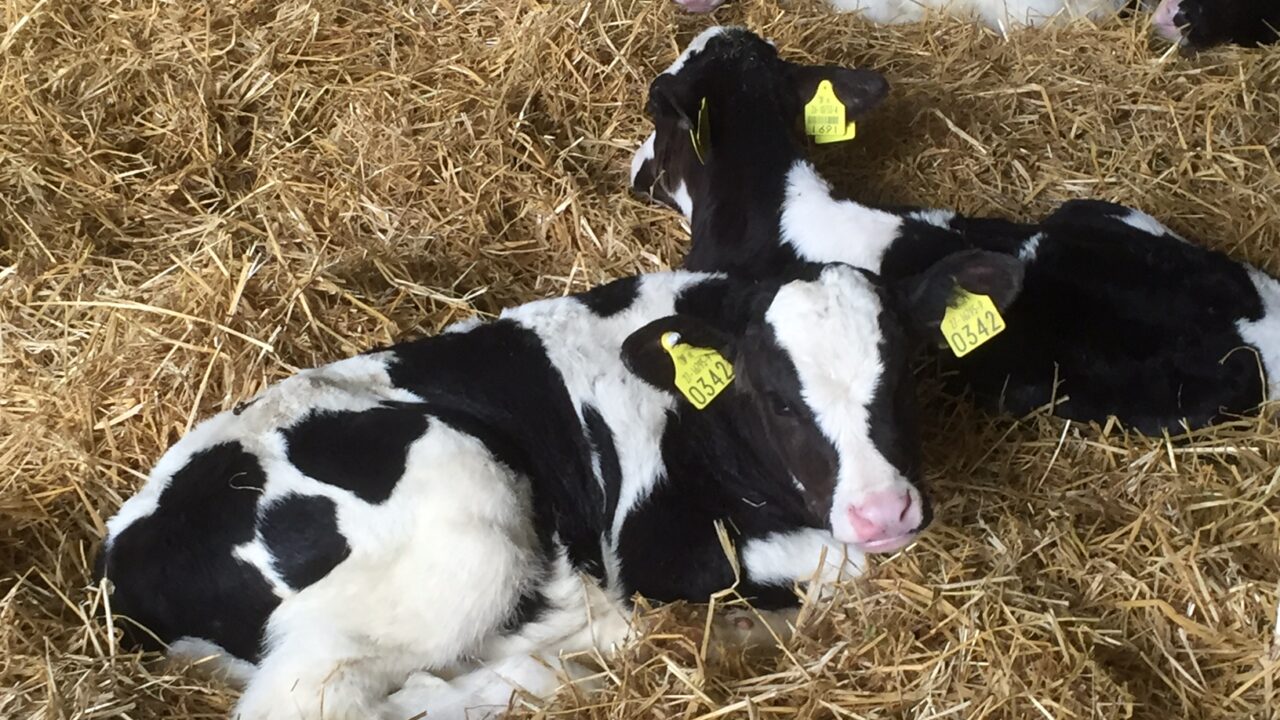The phases of the moon have an affect on the time dairy cows give birth, according to a study by researchers from the University of Tokyo.
The study showed that there was a higher number of births among dairy cows when there was a full moon, compared to when the moon was weaning.
Factors such as the mothers’ nutrition, social environment, and genetic background could disguise the moon’s influence, said Associate Professor Tomohiro Yonezawa of the Graduate School of Agriculture and Life Sciences.
“However, cows may provide a good model for teasing apart the lunar effect from other factors that also influence birth,” Yonezawa said.
In the study, the team of researchers analysed the birth timing of genetically similar Holstein cows reared in uniform conditions on a dairy farm in north Japan.
A total of 428 records of full-term spontaneous cow deliveries during a three-year period between September 2011 and August 2013, along with the stage of the moon cycle at the time of each delivery was recorded.
“As vets, we always try to see if questions that are difficult to explore in humans can be examined in farm animals.
“This study is a good example of how we’ve put this approach into practice, but before we can draw any strong conclusions, we have to verify our results with a larger sample size,” Yonezawa said.
Also our findings do not immediately hold true for human births and we still don’t know why the number of calves delivered increases around the full moon.
“However, we are excited to do further research because the findings should eventually lead to discoveries that can be generalized to human births,” the Associate Professor said.
